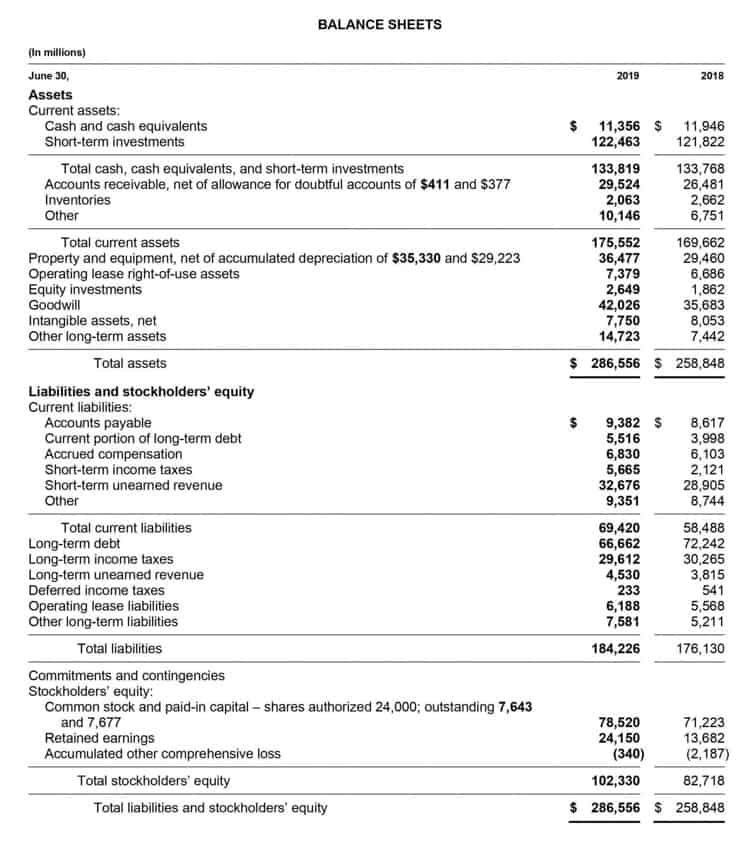NY LawFund: Practical Guide to Attorney Trust Accounts andRecordkeeping

Knowing the basics and reading as much as you can is your best bet for staying compliant. If you don’t use your trust account, it’s easier not to violate the rules as mandated by your jurisdiction—even if it’s at the cost of cash flow. For example, an exemption in Missouri allows lawyers to forego their trust account for flat-fee services under $2,000. When setting up a new account, ask your financial institution to provide trust account statements at the end of the reporting period.
All-In-One Legal Software Solution

Integrate with QuickBooks Online to view the firm’s financial data in one place. Automatically save transactions to the matter and ensure security with approval processes and payment limits when dealing with disbursements, invoices, and client transactions. After participating in Trustbooks webinar on the new trust accounting amendments, I felt confident that I understand the new requirements and can rely on the highly knowledgeable TrustBooks staff for any questions I have. TrustBooks is an affordable, intuitive trust account management solution.
- Beyond the technical aspects of trust accounting, ethical considerations play a critical role.
- By implementing best practices, continuously educating themselves, and leveraging technology, lawyers can ensure that their management of trust accounts reflects the highest standards of professional and ethical responsibility.
- Integrate with QuickBooks Online to view the firm’s financial data in one place.
- When setting up a trust account in QuickBooks Online and Clio, make sure you’re using the right QuickBooks Online subscription.
- LeanLaw’s trust accounting engine tracks trust and operating accounts based on industry and state bar compliance standards.
- For example, law firms that handle real estate matters may require several pooled trust accounts at different financial institutions.
- It then received two additional $100,000 payments, which it also deposited into its trust account.
The Essential Trust Accounting Guide

Fees must have been actually been earned before retainer money is withdrawn.This is also an important aspect of trust account reconciliation. When an attorney requires a retainer from a client, the attorney cannot withdraw any of their fees until they are certain that the retainer check has cleared. See invoices paid 70% faster with LeanLaw’s streamlined accounting workflows. Assessing the financial health and performance of your law firm at the end of https://www.bookstime.com/ financial year is crucial for helping make informed decisions and ensuring long-term success. Through conducting a comprehensive analysis of your financials, you are able to better understand your law firm’s current financial position. Key performance indicators such as revenue per lawyer, profitability by practice area and client retention rates can provide valuable insights into the firm’s operational efficiency and revenue-generating capabilities.
Trust Funds Must Be Held in Separate Account
And – if you already have at least one trust account established – you already know that trust accounting can be a highly complex and often frustrating area of accounting and record keeping for your firm. In order to practice law effectively, you must understand and adhere to the rules of trust accounting. The responsibility Trust Accounting for Lawyers to protect and account for these funds has led to the present-day development of trust accounting compliance and regulations. You should never place wages or other earned income into a client trust account. Once again, the trust account should only contain money that the client provided specifically for designated purposes.
Benchmarking against industry standards and competitors can also offer perspective on your firm’s relative performance. With the end of the financial year fast approaching, taking stock of your law firm’s finances is critical for setting up your practice for financial success. By setting aside time before July 1 rolls around to methodically review your records, close on outstanding receivables and budget for the year ahead, you’ll give your firm a competitive edge and make planning for the coming year that much easier. Proponents of a new advance fee escrow rule would require lawyers to remove funds from escrow only after they render a “reasonably detailed” bill to the client for services actually rendered. In a typical criminal defense representation, these requirements could prove devastating to the client.

Clients Also Benefit from Existing Rule
Managing Client Funds: Best Practices
- When it comes to pooled trust accounts, one of the most well-known ones is IOLTA.
- Most investigations based upon bounced check reports are closed with no finding of wrongdoing by the lawyer or law firm and no discipline imposed.
- First, trust accounting requires meticulous record-keeping and detailed transaction tracking specific to each client.
- Folks with no background in accounting can quickly get up to speed on how to use it.
- What is essential is detailed recordkeeping and bank statements for every transaction and monthly reconciliations.
Save time with a tool designed specifically for legal accounting

- Some jurisdictions require you to do so, and how else will you know what its status is?
- TrustBooks integrates with the leaders in legal tech to provide an easy and complete solution to running your law practice.
- Key performance indicators such as revenue per lawyer, profitability by practice area and client retention rates can provide valuable insights into the firm’s operational efficiency and revenue-generating capabilities.
- When the Supreme Court and state legislatures created IOLTA in the 1980s, attorneys could deposit their earnings into an interest-bearing trust account.
- Assessing the financial health and performance of your law firm at the end of financial year is crucial for helping make informed decisions and ensuring long-term success.
- This ensures end-of-month financing is pain-free and your finances are in line with legal ethics requirements.
